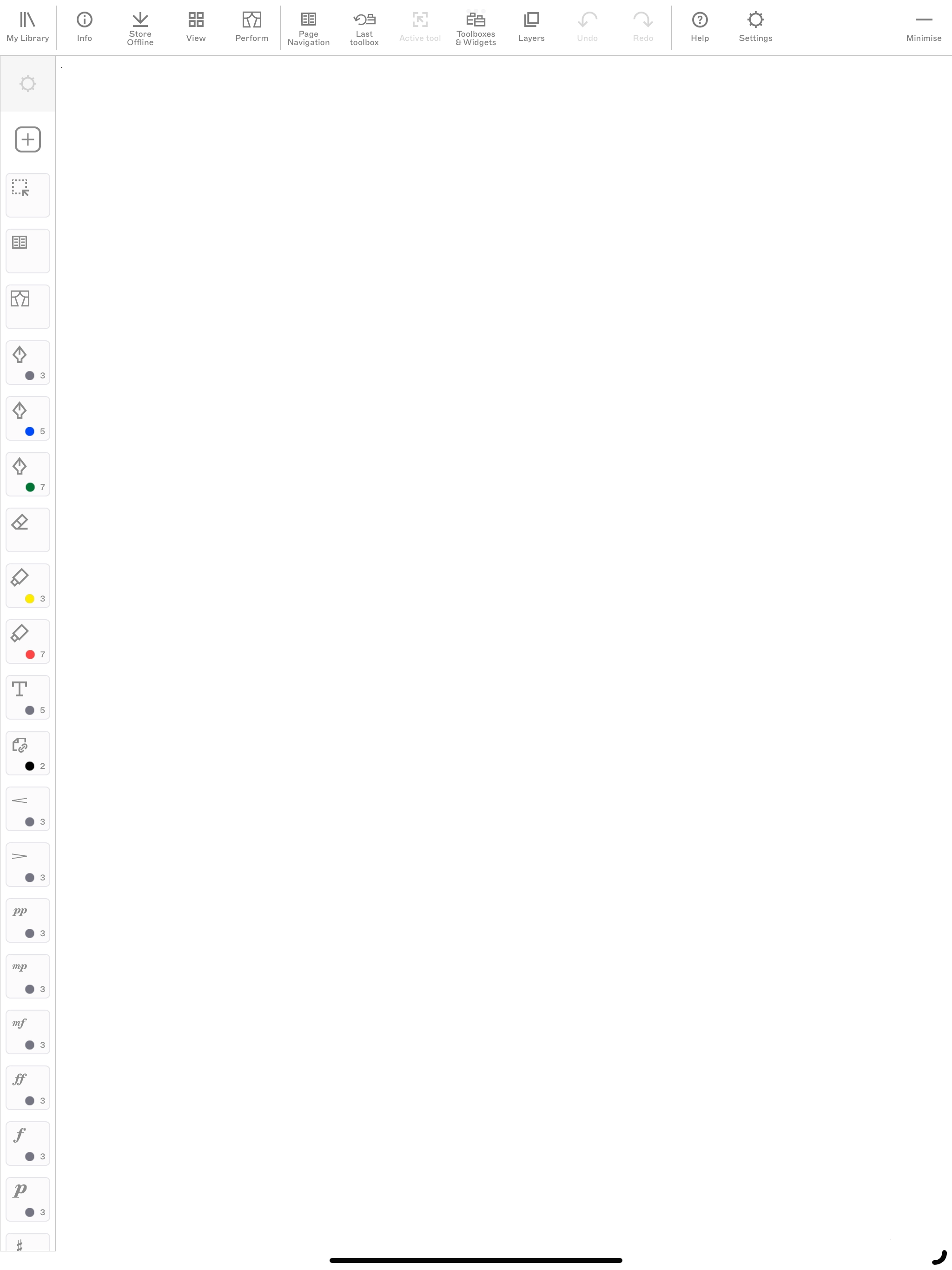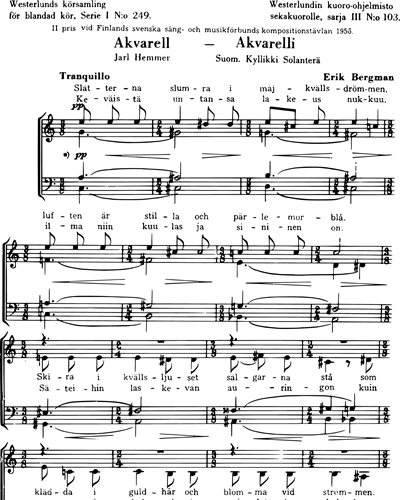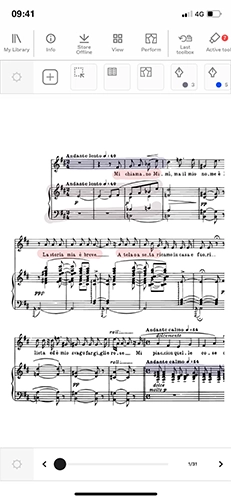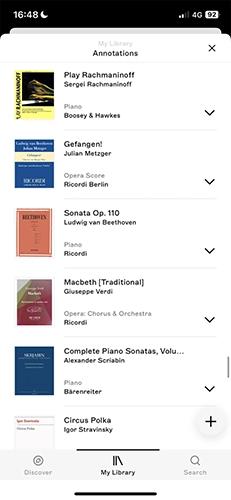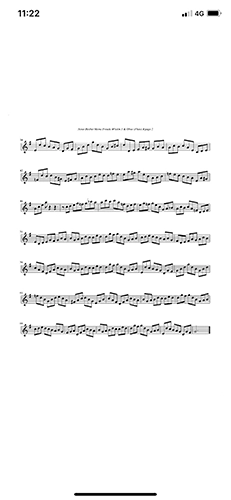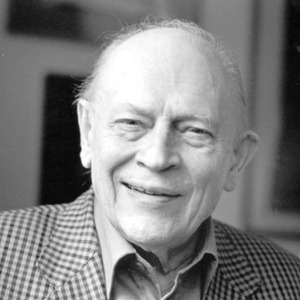
Erik Bergman
5 pieces at nkodankoda sheet music library
over 100k editions from $14.99/month
Hassle-free. Cancel anytime.
available on
nkoda digital sheet music subscription


Editions
Annotate
Library
Perform
100k+ available Editions
More about Erik Bergman
Erik Bergman was a pioneer on the Finnish musical scene. With roots in the romantic era, he was named the enfant terrible of Finnish music in the 1960s and the Grand Old Man of modernism in the 1990s. He studied twelve-tone technique in the 1950s with Wladimir Vogel in Switzerland and even adopted strict serialism in some of his works. Later he arrived at a personal style of his own in which tone colours and the search for new expressive means played an important role. The human voice never ceased to fascinate Erik Bergman; choral works constitute the bulk of his oeuvre and the unaccompanied male-voice choir was his core instrument. He exploited the whole gamut of vocal resources on a sliding scale from speech to song, and his spectrum is remarkable, ranging from the mischievous to the mystical. His Galgenlieder to texts by Christian Morgenstern are choral classics (Vier Galgenlieder for speakers and speaking choir are for male choir and Vier Galgenlieder for mixed choir). Bergman has also composed several large-scale works for chorus and orchestra such as Bardo Thödol (Op. 74, a setting of the Tibetan Book of the Dead), Rubaiyat Op. 41 to texts by Omar Khayyam and Hathor Suite Op. 70. Bergman was an exceptionally prolific composer who, apart from vocal music, composed a number of works for orchestra that provide a comprehensive cross section of his main stylistic periods. From the 1970s onwards he branched out into concertos and chamber music; during his last creative years, in 1996-2003, he wrote concertos for the violin (The Maestro and His Orchestra), oboe (Cadenza), cello (Concerto for Violoncello and String Orchestra) and trumpet (Fantasia per tromba e orchestra). He was constantly on the move, had a deep interest in distant cultures and was untiring in his search for the new. After his trip round the world he wrote the dance poem Le voyage (The Journey, 1999) which can also be performed in a concert version.

Erik Bergman sheets music on nkoda
Edition/Parts
Composer/Artist
Part
Source
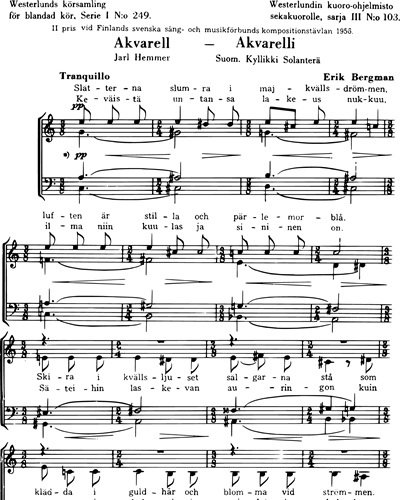
Akvarell
Erik Bergman
Mixed Chorus SATB
Fennica Gehrman
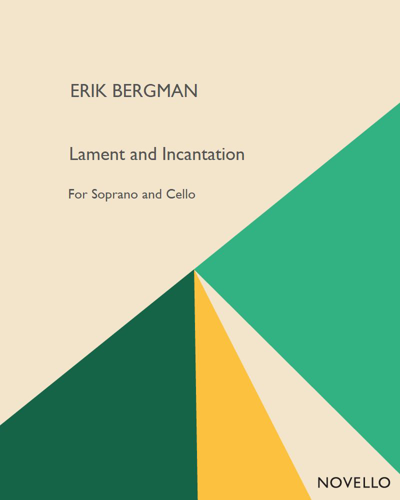
Lament and Incantation, op. 106
Erik Bergman
Soprano & Cello
Novello & Co
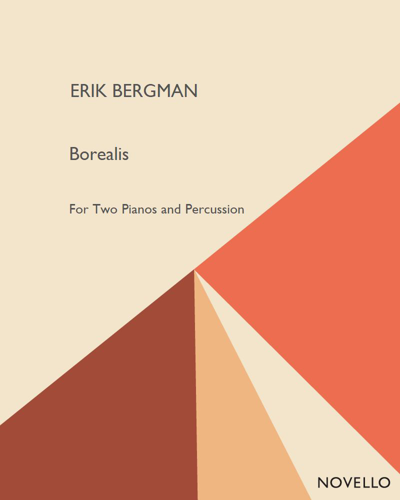
Borealis
Erik Bergman
Piano 1 & Piano 2 & Percussion
Novello & Co
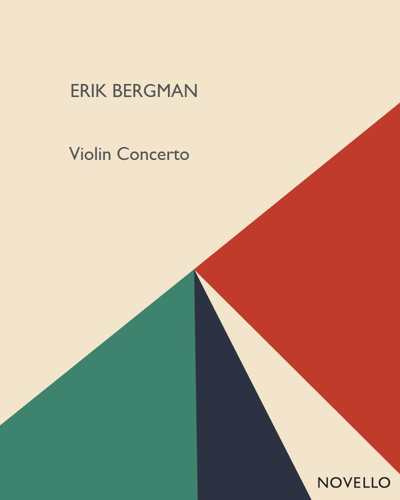
Violin Concerto, op. 99
Erik Bergman
Study Score
Novello & Co
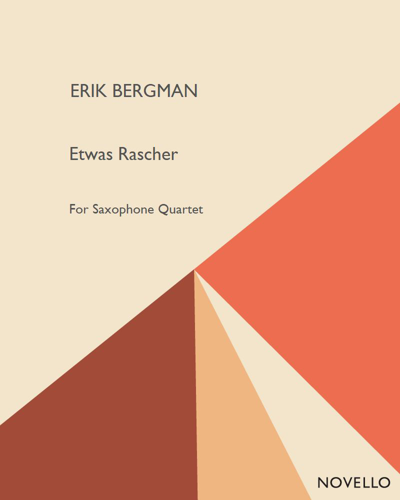
Etwas Rascher, op. 108
Erik Bergman
Saxophone Quartet
Novello & Co
INSTITUTIONAL PARTNERS
PUBLISHERS PARTNERS
TESTIMONIALS

